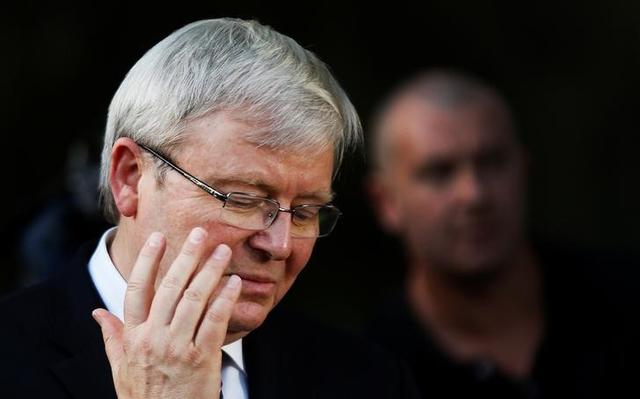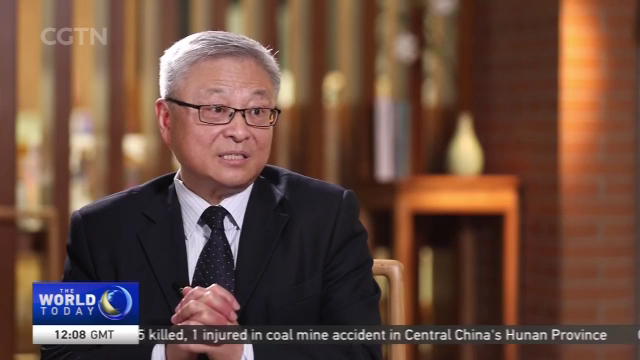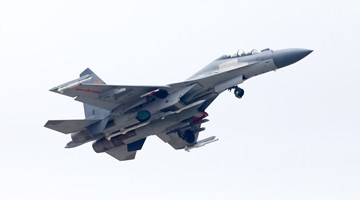Competition and confrontation are words that are often heard these days when scholars and officials discuss China-U.S. relations.
A recent example is the article, "Short of War: How to Keep U.S.-Chinese Confrontation from Ending in Calamity," published in the latest edition of Foreign Affairs magazine. The author was Kevin Rudd, the former Australian prime minister and a leading international authority on China.
Rudd pointed to the fact that because China is a rising economic and military power, international observers commonly assume that the country is challenging the U.S. on the world stage. Based on this assumption, he expressed concern over the potential for confrontation between the two countries.

However, a leading Chinese scholar argues that this concern is unfounded. Writing in the January/February edition of the same magazine back in 2019, Yan Xuetong, an expert on international relations at Tsinghua University, acknowledged that, while economic development is China's top concern, hegemony is by no means part of its "ambition."
Explaining his position, he wrote that fear or worry about China's growing influence on the world stage "has as much to do with the United States' abdication of its global leadership under President Donald Trump as with China's own economic rise."
China's actions, he wrote, were guided by the belief that "national sovereignty, rather than international responsibilities and norms (is) the fundamental principle on which the international order should rest," which explains Beijing's objection to outside interference, "particularly relating to Hong Kong, Taiwan, Tibet, and Xinjiang, as well as on matters of press freedom and online regulations."
Therefore, Yan concluded, China will pursue "a less interventionist foreign policy than the United States did at the apex of its power."

Such arguments seem to do little to assuage fears within the U.S. concerning China's role as an emerging superpower. In "Global China: Assessing China's Growing Role in the World, the fruit of a two-year project by the Brookings Institution, the authors sound a warning to policymakers and the American public about China's regional and global ambitions.
They pointed out: "While the U.S. still leads China in more technologies than vice versa, the playing field is rapidly evolving." They cited various fields where China is already leading the U.S., including quantum communications, 5G, facial recognition software, e-commerce and mobile payments, clean power technology, high-speed rail, and the world's largest database of genetic engineering data.
There's no escaping the fact that intense competition between the two countries is inevitable. In its conclusion, the Brookings report acknowledged that the U.S. needs to accept the situation rather than fight it: "If we are to prevail," it said, "we must compete, rather than contain China."
This more positive outlook reflected the view of Tsinghua University's Yan. He believes that in the coming years, an uneasy peace between the two countries will prevail. "Given the long shadow of nuclear escalation, the risk of a direct war between China and the United States will remain minimal, even as military, technological, and economic competition between them intensifies," he wrote.
Also sounding a more positive note are two White House officials in the Biden administration, Jake Sullivan, the national security advisor, and Kurt Campbell, the White House "Asia Coordinator," who co-authored an article, "Competition Without Catastrophe – How America Can Both Challenge and Coexist With China" published in the September/October 2019 edition of Civil Affairs.
The tone of the article suggested that for the Biden administration, peaceful coexistence would be the bottom line in U.S.-China relations, although confrontation was inevitable between the two largest economies.
As the Brookings research findings put it, the U.S. has to prepare "for the superpower marathon with China – an economic and technology race likely to last multiple generations."











